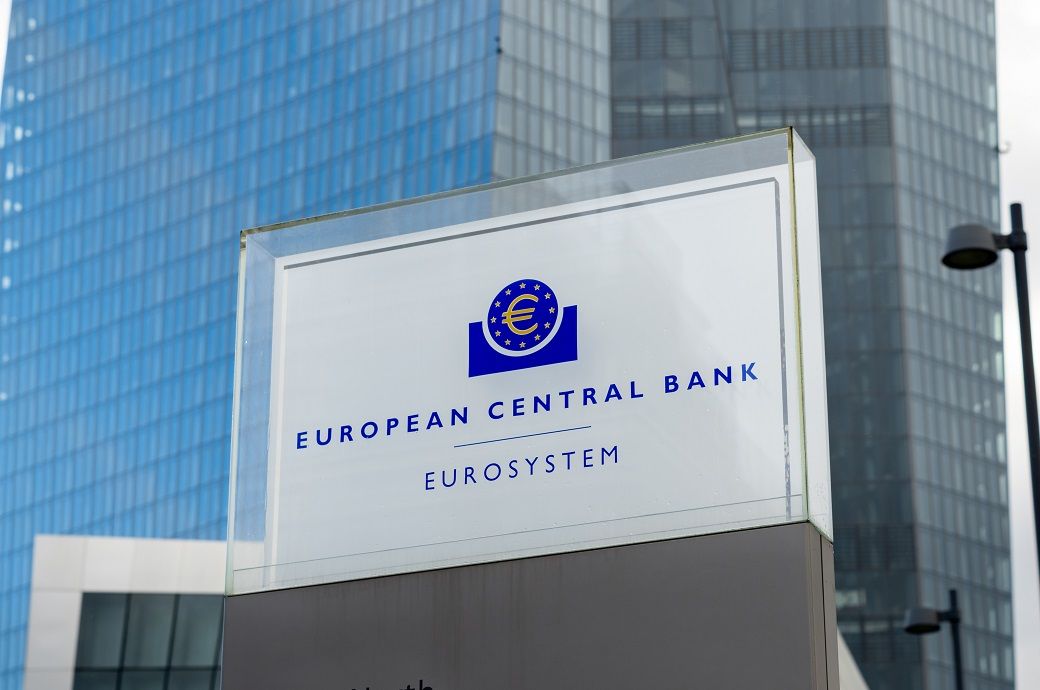Here is a peek into some of the major development in the country this year.
Implementation of the National Policy Framework for Cambodia’s Economic Productivity 2022-35, a pact with Japan to make Sihanoukville a major port, a $50-million loan from the Asian Development Bank to back economic diversification and boost competitiveness, and extension of Better Factories Cambodia programme for five years marked the year 2022 in Cambodia.
Statistics
The country’s apparel exports amounted to $7.75 billion between January and October this year, compared to $6.54 billion a year earlier, data from the general department of customs and excise showed. The figure represents around 41.3 per cent of Cambodia’s total foreign income of $18.75 billion for the period.
Export of non-knitted apparel and clothing accessories increased by 25.1 per cent to $2.23 billion during the ten-month period over $1.79 billion during the same period last year. Knitted apparel, meanwhile, witnessed a growth of 16 per cent year-on-year during the period to $5.51 billion.
The country’s garment exports to Australia increased by 17.16 per cent to $102.583 million in the first nine months of this year from $87.55 million during the same period last year, primarily due to the effect of the Regional Comprehensive Economic Partnership (RCEP).
Policy
In November, the government announced the implementation of the National Policy Framework for Cambodia’s Economic Productivity 2022-35 to raise the potential of investment and trade and improve national economic productivity.
Aun Pornmoniroth, minister of economy and finance and chairman of the National Committee for Economic Productivity of Cambodia, said the framework aims at achieving economic security and well-being of the people by raising income, support the needs of the nation, address the challenges and risks of disruption in the global supply chain and energy insecurity by increasing access and capacity.
The Asian Development Bank (ADB) in December approved a $50 million policy-based loan under sub-programme 1 of the Trade and Competitiveness Programme to support Cambodia to diversify its economy and boost global competitiveness.
The programme will support Cambodia’s post-COVID-19 economic recovery by supporting government reforms to enhance the investment and business environment; foster growth of micro, small and medium enterprises; and improve trade policy and trade facilitation, ADB said.
Textile, Garments & Footwear
The Garment Manufacturers Association in Cambodia (GMAC) was renamed the Textile, Apparel, Footwear, and Travel Goods Association in Cambodia (TAFTAC) in November. Kong Sang will remain the president of TAFTAC.
TAFTAC and EuroCham Cambodia signed a memorandum of understanding (MoU) in March to foster closer cooperation, support European garment companies and fashion brands in Cambodia, and promote opportunities for Cambodian firms operating in Europe in the Association of South Asian Nations (ASEAN) region. The MoU will remain in force for an indefinite duration and defines a clear set of joint actions by the two associations for the coming years. EuroCham will set up a public training programme with the Cambodian Garment Training Institute in Phnom Penh, focused on sustainable textile sourcing, occupational safety and health and compliance. Germany’s Deutsche Gesellschaft für Internationale Zusammenarbeit (GIZ) will fund the training initiative.
The Cambodian commerce ministry and the ministry of labour and vocational training signed an MoU in October with TAFTAC and the International Labour Organisation to continue the Better Factories Cambodia (BFC) programme for another five years from January 2023 to December 2027.
BFC, which is part of the Better Work programme, is intended to boost economic growth in the country via the clothing, travel goods and footwear sectors by improving working conditions in factories and other workplaces across the industry to increase productivity and encourage competition since 2001.
The new MoU for 2023-2027, which is the eighth agreement regarding the BFC programme, was signed to modify the terms of execution of certain projects by extending the implementation period from 3 to 5 years to safeguard the project’s sustainability and feasibility.
Logistics
Cambodian Prime Minister Hun Sen and Japanese counterpart Kishida Fumio agreed in March to work together to make Sihanoukville a major port for Cambodia and the Mekong region. Both sides agreed to actively explore new opportunities for the sustainable infrastructure development of Cambodia.
Cambodia’s ministry of public works and transport confirmed early this year that it was developing and modernising new container ports through a study with the Japan International Cooperation Agency (JICA). Sihanoukville is Cambodia’s deep-sea port that will be developed to allow larger ships to dock, allowing more goods to pass through Cambodia. At present, the port can handle ships with a depth of more than 9 m, about 20 per cent of the ships in the area.
When work on the deep-sea port is completed in 2025, it will allow ships with a capacity of more than 4,000 containers. At that time, about 93 per cent of Asian ships can dock in Cambodia, which would lower shipping costs by an estimated $200 per container.
The official minimum wage for workers in Cambodia’s textile industry for 2023 was set in September to $200 per month compared to $194 now. Those working in textile, garments, footwear, travel goods and bags factories will be paid the new wage from January.
The government in November launched the Phnom Penh Logistics Complex (PPLC) project during the 40th and 41st ASEAN Summits. The project will be undertaken by the YCH Group, the largest logistics and supply chain provider in Asia.
The project is set out in the National Logistics Master Plan as a priority strategic project to support the country’s integration into the ASEAN Smart Logistics Network and to promote economic development and business connectivity of Cambodia in the ASEAN region.
Sustainability
Seoul-headquartered Global Green Growth Institute and Cambodia’s ministry of industry, technology, science and innovation and the ministry of environment signed an agreement in September to promote sustainable energy practices in the latter’s garment sector to reduce environmental impact and raise its global competitiveness.
The European Union (EU)-Switch Garment Project marks an important milestone for the EU SWITCH Asia’s promotion of sustainable energy practices in the garment sector in Cambodia. The three agencies will jointly make efforts to promote sustainability and energy efficiency in the country’s garment sector. The project is being implemented by the GGGI (Global Green Growth Institute) with French non-governmental organisation Geres and TAFTAC.
The environment ministry in December unveiled a road map for sustainable development in the garment sector. A green garment sector could raise real gross domestic product (GDP) by $2.7 billion between 2015 and 2030. This growth would be decoupled from negative environmental impacts, resulting in a 46 per cent rise in the garment sector’s contribution to GDP.
Fibre2Fashion News Desk (WE)


:max_bytes(150000):strip_icc()/Health-GettyImages-1390356602-fb17810af630404bb794a952473f0d90.jpg)


